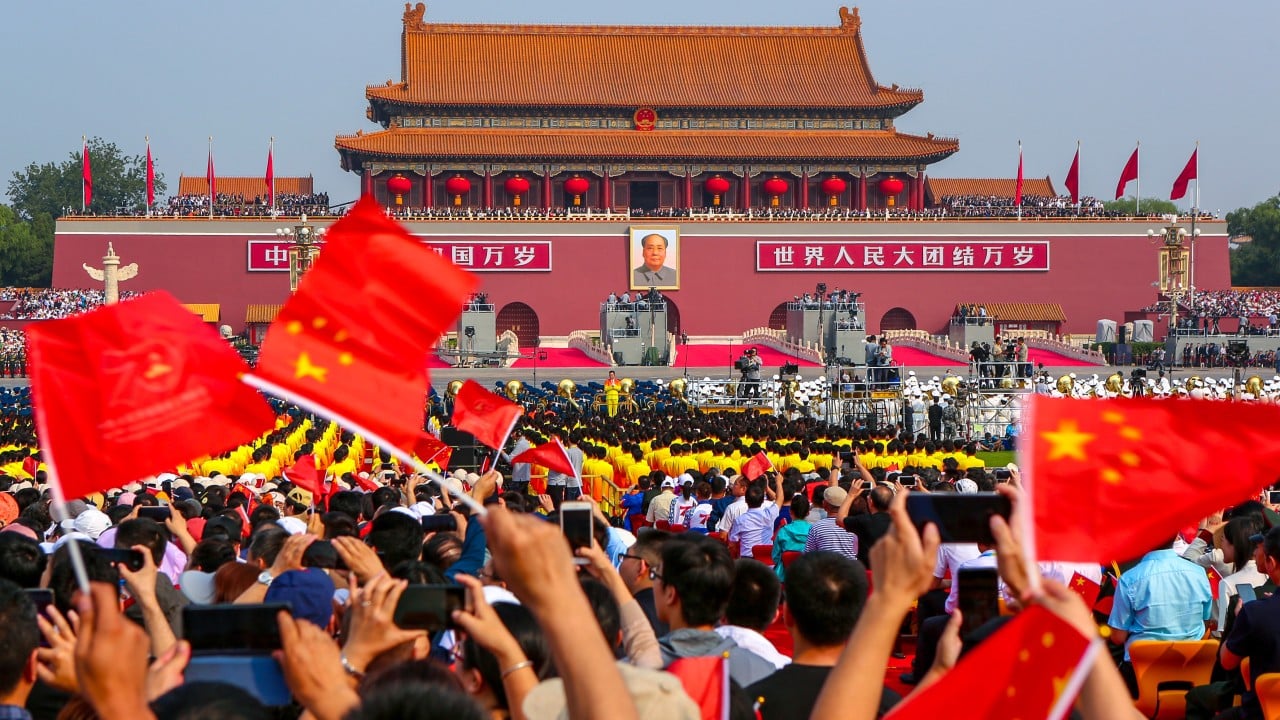As the world braces for a second Donald Trump presidency – and with it new uncertainty for the global order and US-China ties – Chinese academics are revisiting the notion that “the East is rising and the West is declining”.
Advertisement
It is an idea that has in recent years been played up by Chinese authorities – and was resonating among the public.
That changed as the country dealt with an economic slowdown, as the US maintained its edge in chips and artificial intelligence, and amid worldwide concerns about bloc confrontation after Russia invaded Ukraine.
Some have questioned what constitutes “East” and “West”, and what qualifies as “rising” and “declining”, suggesting it is premature to make such a call.
Others see it as an “irreversible” trend – albeit one that could take centuries to unfold.
Advertisement
Either way it is again being discussed as doubts grow over Washington’s global leadership role ahead of Trump’s return to the White House on January 20, when he is expected to double down on his “America first” agenda.
Yang Jiemian, chairman of the Shanghai Institutes for International Studies (SIIS) Academic Advisory Council, said an “irreversible” shift was under way and the world was going in the opposite direction of the Euro-American centric landscape of the last 500 years – but it could take hundreds of years to complete the transition.

